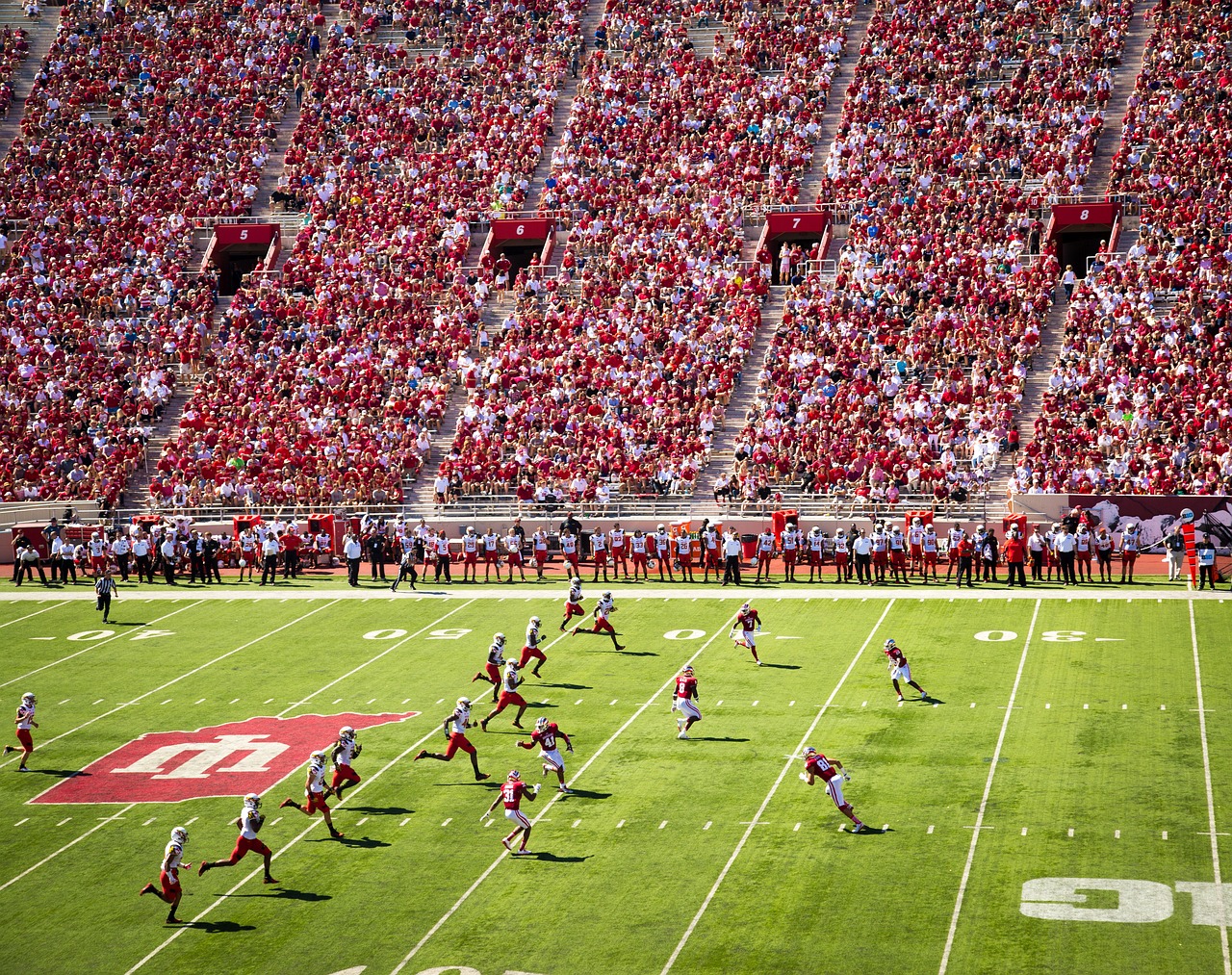Scouting is the foundation of success for any NFL team. Behind every game-winning play or breakout season, there’s a careful process of evaluating, selecting, and developing the next generation of talent. This process is multifaceted and involves far more than watching highlight reels.
From the early identification of potential stars to coaching them into influential NFL players, scouting plays a critical role in shaping the league’s future. Here’s how NFL teams scout and nurture the stars of tomorrow.
The Role of College Football
A large part of NFL scouting begins with college football. College programs serve as the primary talent pool from which NFL teams draft players.
Scouts pay close attention to college games to observe well-known athletes and discover hidden gems that may not have garnered widespread attention. This process is extensive and requires teams to evaluate a variety of factors, including a player’s athletic ability, technique, and football IQ.
Scouts typically start building player profiles as early as an athlete’s freshman year and track their development throughout their college career. While physical attributes like speed, size, and strength are vital, mental toughness and adaptability are also highly valued. Teams need players who can handle the pressures of transitioning from college football to the highly competitive world of the NFL.
For example, a quarterback’s leadership qualities and decision-making abilities are scrutinized heavily. Scouts aren’t just looking for athletic prowess but the ability to command an offense, respond to adversity, and learn from mistakes.
This early scouting helps teams avoid making decisions based solely on athletic performance, instead focusing on whether the player can thrive under the pressures of the professional league.
Scouting Combine and Pro Days
The NFL Scouting Combine is a crucial event in the scouting process. This week-long showcase allows teams to evaluate prospects in a controlled environment. Athletes participate in a series of physical and mental tests, including the 40-yard dash, vertical jump, and bench press, all offering teams measurable data on an athlete’s physical abilities. However, the Combine isn’t just about raw athleticism—interviews and psychological evaluations provide insight into a player’s mental makeup and character.
Similarly, Pro Days held at individual colleges give scouts another chance to evaluate prospects. While the Combine offers a neutral playing field, Pro Days allows athletes to perform in familiar surroundings, often leading to better results. However, scouts are aware of this and take it into account when evaluating performances.
While the numbers from these events can be telling, they don’t paint the full picture. A player may excel in the 40-yard dash but lack the technique to translate that speed into in-game performance. As a result, teams combine Combine and Pro Day results with game footage and interviews to form a holistic view of the player.
Film Study and Analytics
Game film is the bread and butter of NFL scouting. Watching a player’s in-game performance offers teams an understanding of how the athlete handles different scenarios, from breaking tackles to making split-second decisions under pressure. Scouts spend countless hours reviewing game tape, focusing on how players perform in real-game situations rather than controlled environments like the Combine.
Film study isn’t limited to physical performance, either. Scouts look for nuances such as how well a defensive player reads an offense or how quickly a quarterback progresses. These small details can reveal a player’s football intelligence, which is just as important as their physical attributes.
In recent years, analytics have become a powerful tool in evaluating talent. Advanced metrics allow teams to quantify aspects of a player’s performance that may not be obvious on film. For example, a running back’s ability to gain yards after contact or a wide receiver’s success rate in contested catches can provide insight into their potential at the next level.
However, teams must balance these statistics with more traditional scouting methods to avoid over-relying on numbers that may not fully reflect a player’s impact on the field.
Identifying Intangibles
While physical performance is critical, NFL scouts also focus heavily on intangibles—those qualities that are harder to measure but crucial for success. These include leadership, work ethic, and the ability to handle pressure.
Teams want players who are physically gifted, mentally tough, and coachable. The NFL is a demanding league, and the transition from college can overwhelm even the most talented athletes if they aren’t mentally prepared.
One area where these intangibles are tested is during the interview process. Scouts and coaches often ask prospects tough questions to gauge how they think on their feet and handle criticism. In some cases, teams also look at a player’s history, considering how they’ve responded to adversity, whether on or off the field. A history of overcoming challenges can demonstrate resilience and a mindset that translates well to the NFL’s grueling demands.
Conclusion
Scouting is far more than just identifying physical talent. It’s a complex, multifaceted process that involves evaluating athletic ability, mental toughness, and character. From the college game to the NFL Scouting Combine to the draft and beyond, teams work tirelessly to find and develop the next generation of stars. With so many factors at play, finding the right talent is a challenge, but when done correctly, it sets the foundation for a team’s future success.
Photo: Pixabay

